‘Malcolm & Marie’ Review: A Promising Premise With Disappointing Results
Sam Levinson's latest film can't keep up with the excellence of its performances.
Disney’s remake library is about to get just a little bit bigger with the news of a live-action remake of their 1997 animated hit, Hercules. Hercules and Aladdin just so happen to be two of the most well-received movies from the 1990s’ Disney Studios renaissance. 2019’s Aladdin was a disappointing remake. Though it did fine at the box office, it was panned by critics, received a 57% on Rotten Tomatoes (as opposed to the original’s 95%), and understandably stirred controversy online for not addressing the original film’s harmful Arab representation. So if Disney wants to bypass another Aladdin situation, what are the pitfalls they can avoid with Hercules?
1992’s Aladdin and 1997’s Hercules share a similar light-hearted tone and colorful animation.
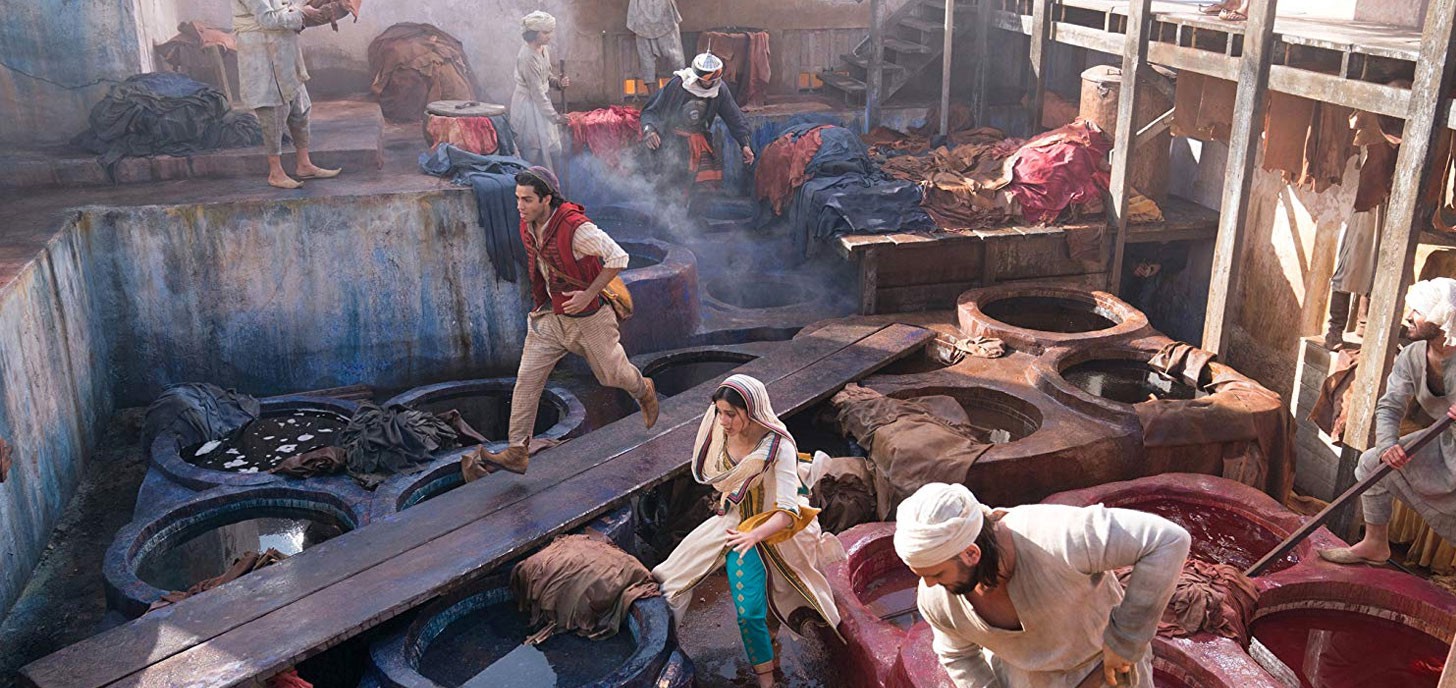
With Guy Ritchie at the helm, the 2019 Aladdin created kaleidoscopic chase scenes with dynamic camera movements. Though stylistically interesting, the cinematography and quick edits did not fit with the family-friendly, fairy tale-esque tone of a starry-eyed Disney movie. Though a Guy Ritchie trademark, the chase sequences and action-packed moments did not fit. Aladdin should not resemble Sherlock Holmes or Lock, Stock and Two Smoking Barrels. Instead, it should adopt the whimsical, softly-lit, and wonder-filled tone of a kid’s movie. Trying to clumsily incorporate two different tones will dilute the quality of both. Though 2019’s Aladdin tried to inject as much color as its original, it still felt as if it were tinted with a cold, bluish filter, therefore making the magical elements (Magic Carpet, Genie, etc.) seem more computerized and less whimsical.
Hercules has an analogous child-like innocence to it. A simple and strong story added to a colorful animation to create its tone. By using vibrant colors for the Gods and darker gradations for the underworld, we got another element of visual storytelling.
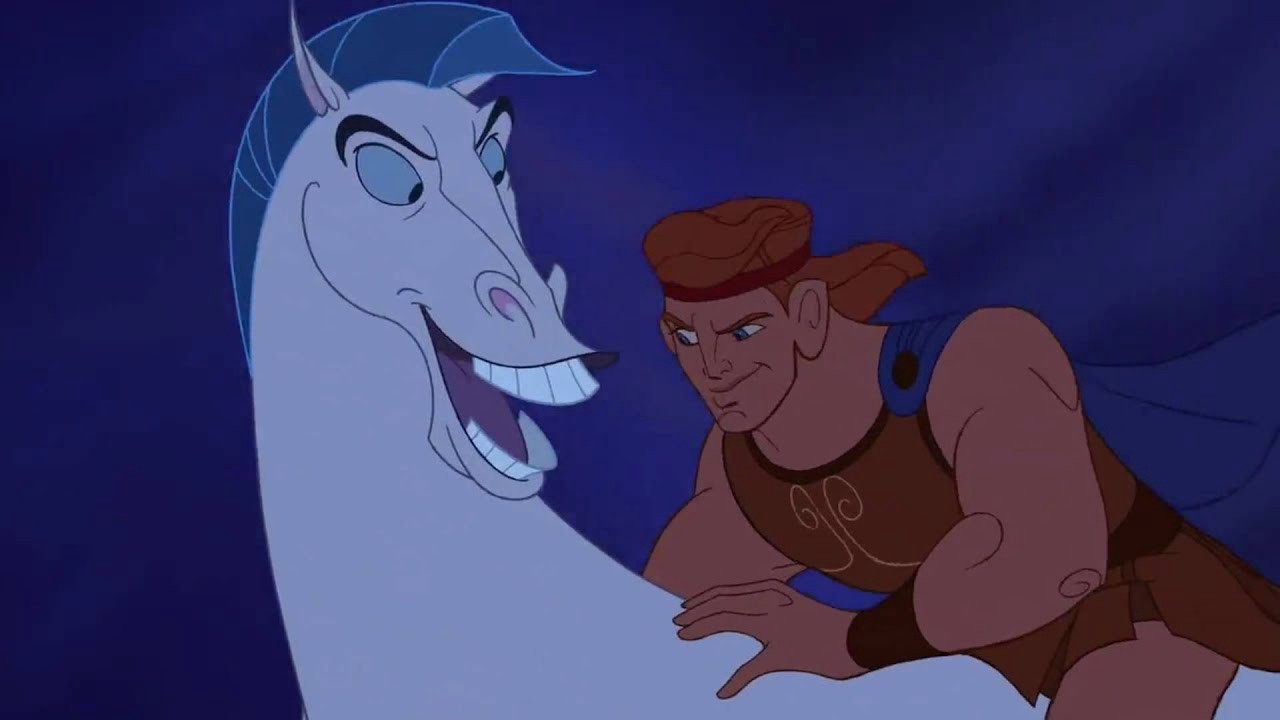
The Pitfall: turning it into a Beowulf -type greyscale gritty remake and veering too far away from the warm and friendly tone of the original.
One of the biggest similarities between both animated versions is an incomparable voice performance.
For Aladdin, that was obviously the Genie. No one could ever churn out a performance with more comedic ability, energy, and stream of consciousness improvisation than Robin Williams. His voice work was unmatchable. Though a valiant effort, even veteran voice actor Dan Castellaneta (who plays none other than Homer Simpson on The Simpsons) can compare. He voiced the Genie on the animated remakes, which were not as well-received as the original.
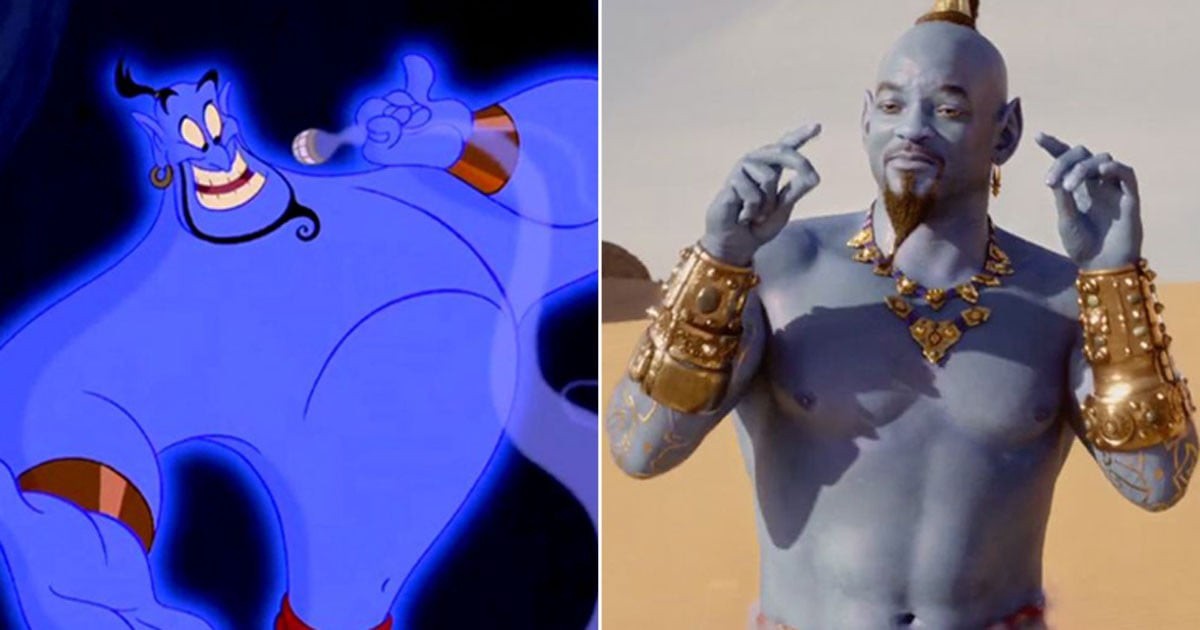
In the 2019 version, Will Smith did the best he could, but he tried too much to be like Robin Williams: the larger-than-life, pop-culture-referencing comedian who talks a mile a minute. What that did was only remind the audience that he was not Robin Williams. It was too similar to an interpretation of the Genie, and so Will Smith faced an insurmountable task: trying to replicate — or worse — improve upon Robin Williams’ performance. Will Smith is a good actor so he muddled through, but asking him, or any actor, to operate and think like Williams is an impossible demand.
James Woods’s tour de force performance as Hades is uniquely brilliant. His witty, dry, deadpan delivery only elevates the movie and crystallizes the drama and three-dimensional villainy of the character.
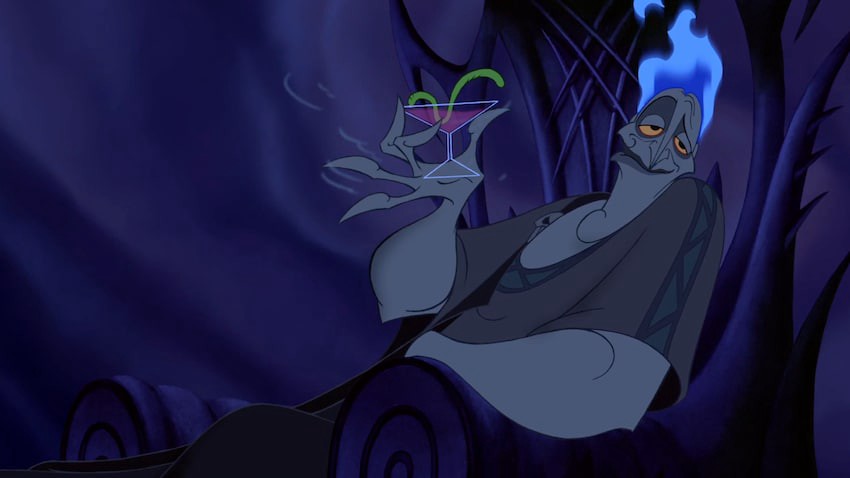
The Pitfall: trying to mimic the original performance. Whoever they pick would have to differ from the 1997 film’s characterization of Hades. By doing that, the potential actor would make Hades their own and mount a unique perspective on the troubled villain of the movie. Also, while he’s a good voice actor, please don’t cast James Woods again.
Both of the original movies were based on old literary tales.
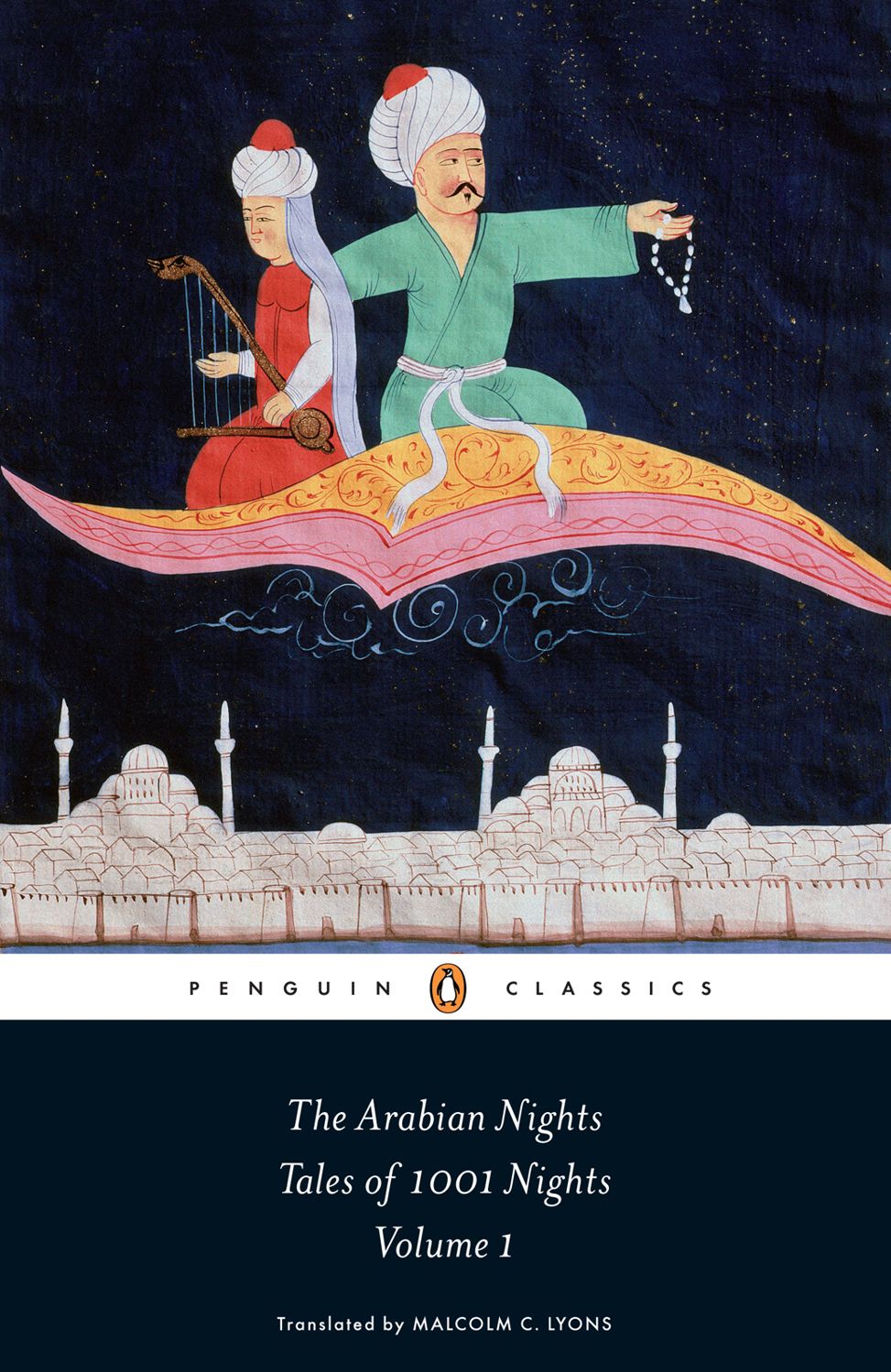
It’s hard to place exactly where Aladdin occurs because the literary source material is itself controversial. Disney set both of their Aladdin movies in the fictional and vaguely Syrian city of Agrabah. Most of what we know of Aladdin is not from Scheherazade but from Antoine Galland’s French translation of 1001 Nights in the 18th Century (which he transcribed from a Syrian storyteller.) In that version, Aladdin is actually Chinese. This taps into the tragically Orientalistic retelling of Aladdin. For those who are unfamiliar, Orientalism is the practice of augmenting a culture’s exoticism and has its roots in colonial-era xenophobia. Simply put, Western or European writers (in this case, Galland) mystify a culture in order to sell it to European markets and profit from the East-meets-West confusion by portraying the East as a backward, mysterious, and homogenous culture (aka, the “Orient.”) Disney capitalized on this Orientalism by borrowing from Indian architecture (the sultan’s palace is a replication of the Taj Mahal), Middle Eastern culture, and by leaning into exoticism and mystery.
Hercules is, of course, based on Greco-Roman mythology. The 1997 movie transposed some elements to the current day. The Muses became a Black gospel choir, Thebes became a foil for New York, and Danny Devito’s character borrowed from a “New Yorker” stereotype. He was a sarcastic know-it-all, hardly an ancient Greek stock character. That being said, the actual plot of the film was a pretty good synthesis of Greek mythology, but with a few modern twists and turns.
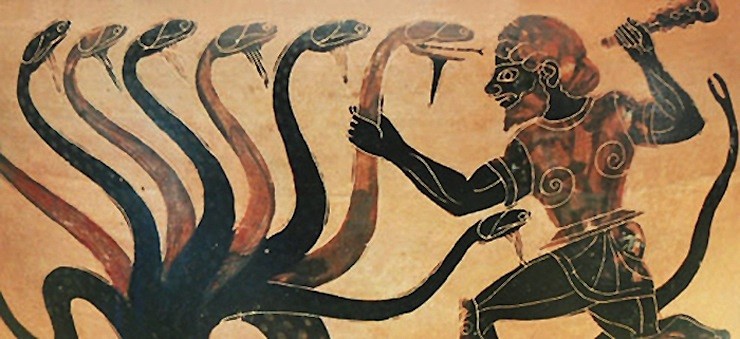
The Pitfall: Making it either too historical or too modern. The original balanced between both pretty well, which is the reason for its relatability and success. Though it doesn’t have as many historical and socio-political ramifications as Aladdin did, it should nonetheless try to capture Ancient Greece better than a Hollywood blockbuster like Troy.
Those are the potential pitfalls to avoid. I wish Disney and all the filmmakers, cast & crew the best of luck on the Hercules remake.
Aladdin (1992)
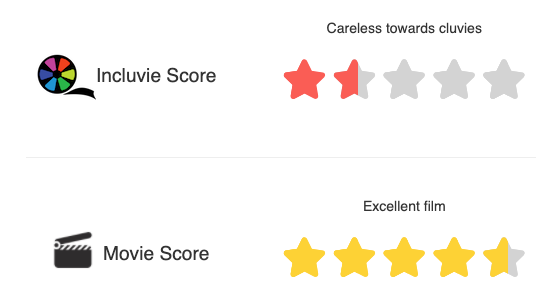
Aladdin (2019)
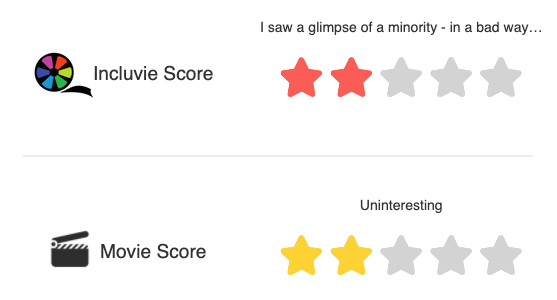
Hercules (1997)
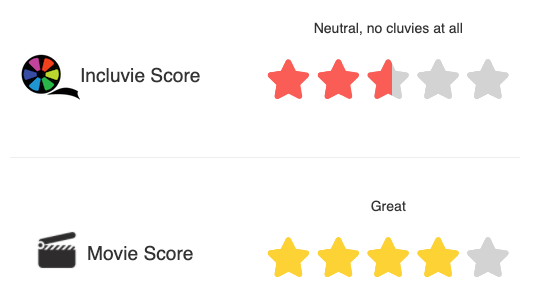
Hercules remake? We shall see…
(This article was originally published by Mick Cohen-Carroll on Medium.)
Related lists created by the same author
Sam Levinson's latest film can't keep up with the excellence of its performances.